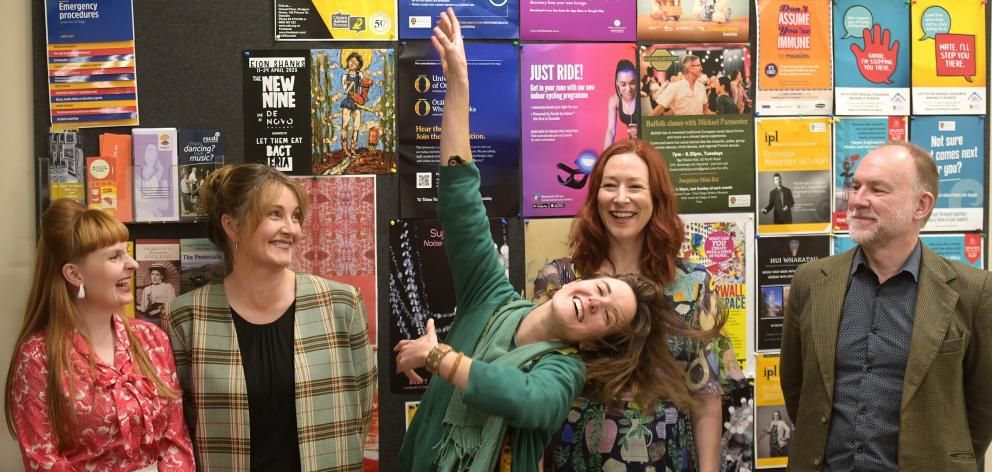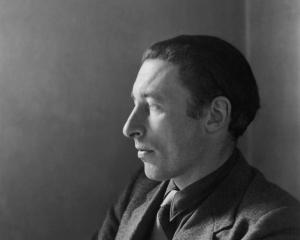
I arrived at the University of Otago at the same time as artificial intelligence chatbot GPT-4.
As the 2023 Robert Burns Fellow, I’m drawing on my capabilities and experience to write stories and essays. So is the chatbot.
It’s a strange time to be a creative person. Throughout history artists and writers have often occupied outsider roles, and been subject to censorship, competition for resources, evolving technologies, changing social attitudes and their own internal struggles.
I was working in the music industry when CDs and DVDs died, and people began getting their content online often for free. You wouldn’t steal a handbag, but you’ve probably watched a pirated movie.
Now artificial intelligence poses new opportunities and threats for artists.
You might have read An Angel at My Table by Janet Frame, or Aue by Becky Manawatu, both books that excavate childhood trauma, and both written by Robert Burns Fellows.
Does it matter to us that these books were written by real people, and informed by their own thoughts and experiences?
Or are we comfortable with AI crowdsourcing stories of pain and joy, and weaving its own tales from the echoes of our humanity?
Earlier this year I went to a concert where Sean James Donnelly (SJD), the university’s Mozart Fellow, performed a set of his nostalgic pop anthems.
His song Waterhole has been stuck in my head ever since. It recalls long summers spent swimming, going to the shopping mall and eating gas station pies. Remember those days?
Actually, you might not remember and neither do I. I’ve never had a summer like that, but Sean’s song tells me what they feel like. In listening to Waterhole, some part of Sean’s humanity has connected with mine.
To me, Waterhole is an ode to the best summer ever. To someone else, it might be a troubling tale about unsupervised children.
Drawing an even longer bow, it might advocate unhealthy eating or the support of capitalist structures.
Different people interpret the same material differently, and art edges human culture forward in ways that can sometimes be challenging.
In America, attempts to ban books doubled last year, with most of the books targeted being those that seek to advance human rights.
What are the consequences of letting computers compose our music and tell our tales at a time when real, human stories are being removed from bookshelves?
If you sing Waterhole several times in a row, like I have, it will come to feel not only like an ode to summer, but also like a lament. A waiata tangi for innocence.
We are on the cusp of a new age, and holding on to our humanity is increasingly important. Rather than being in a digital universe reading automatically generated books, I want to stretch out under the sun and connect with human stories written by people like past Burns Fellows Hone Tuwhare, Renee, and Emma Neale.
Will the ability to connect with human stories continue to be one of life’s simple comforts and pleasures, or will it become a luxury? Like organic food, will organic art once abundant and accessible become a premium product?
If I told you GPT-4 wrote this for me, you might feel impressed. You might feel cheated.
Perhaps you’d think this piece had more value if I told you it took hours to complete as I formed and reshaped my thoughts, talked with other writers, read relevant literature, and wrote and rewrote sentences.
But the real value of this piece is in your own engagement with it, my words sparking ideas in your mind the way SJD’s music sparks emotions in mine.
This wasn’t written by GPT-4, it was written by me, a real human who is grateful to the people who had the foresight to establish the trusts that make the University of Otago’s arts fellowships possible.
Because in changing times like these, art provides solace, inspiration, and human connection.
— Kathryn van Beek is the author of short story collection Pet which is also available as an OAR FM podcast. An earlier version of this piece was delivered as part of the University of Otago 2023 welcome for the Arts Fellows.












